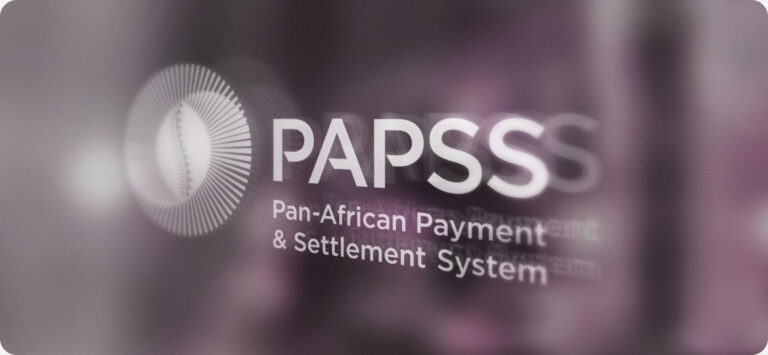The Pan-African Payment and Settlement System (PAPSS) has applauded the Central Bank of Nigeria (CBN) for introducing a streamlined transaction policy that promises to simplify and accelerate trade payments across Africa. The move is seen as a major step forward in boosting Nigeria’s participation in the African Continental Free Trade Area (AfCFTA), particularly for Small and Medium Enterprises (SMEs).
In a circular issued on April 28, 2025, the CBN outlined a new framework that reduces documentation requirements for PAPSS transactions. This policy significantly lowers barriers for individuals and businesses, enabling quicker, more affordable cross-border payments within the African continent.
Under the revised rules, individual transactions under $2,000 and corporate payments up to $5,000 per month can now be processed with just basic Know Your Customer (KYC) and Anti-Money Laundering (AML) documents. By easing these regulatory hurdles, Nigerian SMEs now have greater freedom and fewer delays when conducting business across Africa.
The CBN has also authorized commercial banks to source foreign exchange for PAPSS transactions through the domestic foreign exchange market, adding flexibility and capacity to support growing trade volumes.
PAPSS, which currently connects 16 African countries, 14 payment switches, and over 150 commercial banks — including 22 banks in Nigeria — described this development as a transformative step toward regional financial integration. By enabling real-time payments in local currencies and reducing reliance on hard currency for intra-African trade, PAPSS provides a cost-effective and scalable solution for African economies.
A New Era for Nigerian Trade
The CBN’s updated policy is being hailed as a landmark decision that will not only simplify trade procedures but also promote financial inclusion, particularly for Nigeria’s vibrant SME sector. The directive marks a strategic move to accelerate Africa’s journey toward a borderless economic landscape, making cross-border payments faster, cheaper, and more accessible.
“We commend the Central Bank of Nigeria for this visionary step,” PAPSS said in a statement. “By easing transaction requirements, Nigeria is positioning itself as a leader in the drive for seamless intra-African trade under the AfCFTA.”
PAPSS also highlighted plans for wider digital integration, noting that more Nigerian banks are expected to embed the platform into their mobile and online banking systems, further enhancing accessibility for customers.
Driving Pan-African Economic Integration
As PAPSS continues to grow, the system is becoming a cornerstone of Africa’s economic unification efforts. By enabling instant local currency payments across borders, PAPSS is removing long-standing barriers to trade and unlocking new economic potential for businesses across the continent.
“This initiative moves us closer to an Africa where trade flows smoothly, without friction or unnecessary costs,” PAPSS added. “We urge other countries and financial institutions to follow Nigeria’s lead and embrace this shift toward economic self-determination.”
With the backing of the CBN and the adoption of more inclusive policies, PAPSS is well on its way to transforming how African nations connect, trade, and prosper together.

